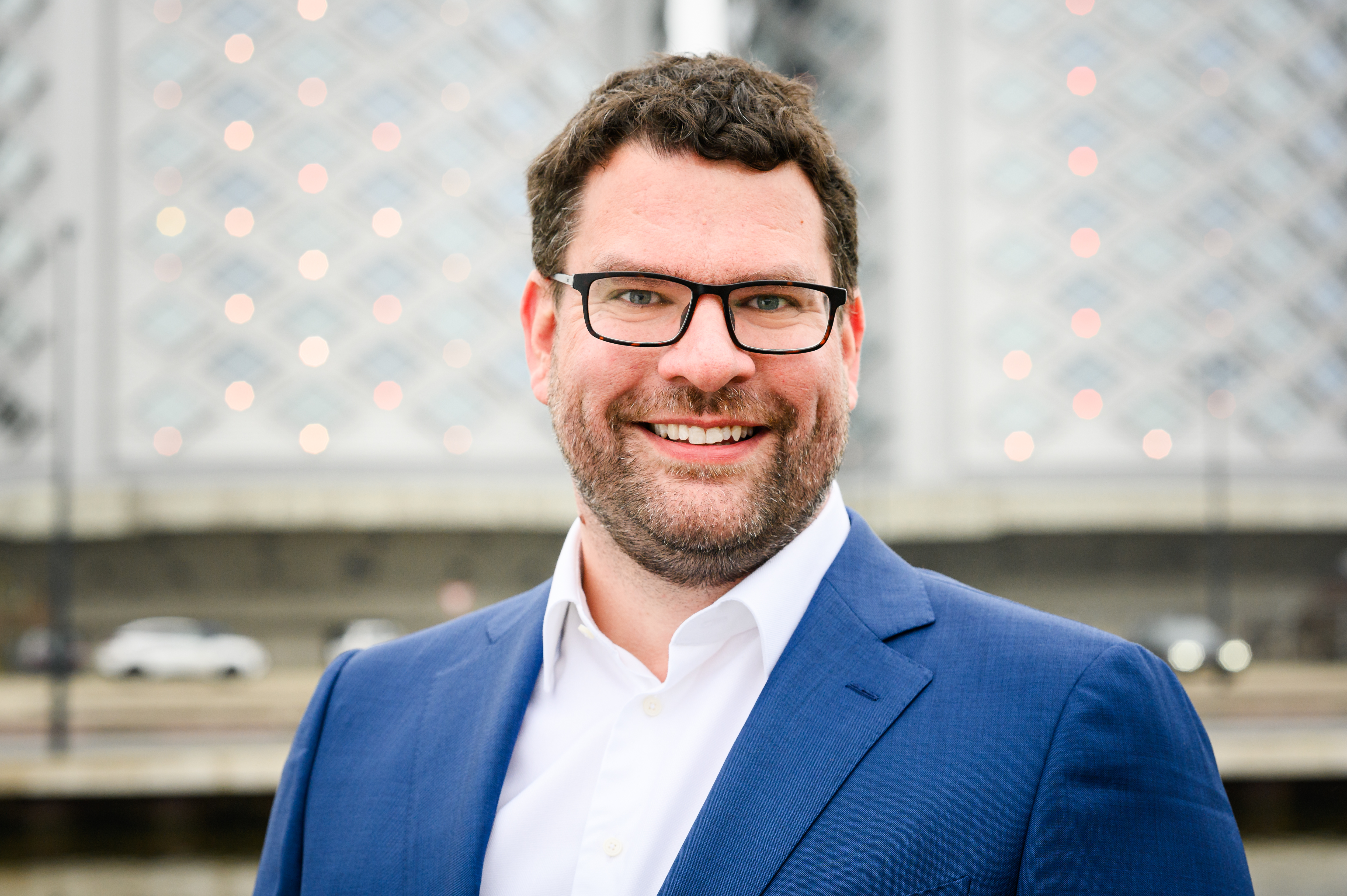
November 2022
Annual Progress Report 2021-2022
Sustainable Secondary Materials Supply Chains
The working group on Sustainable Secondary Materials Supply Chains is responsible for developing and undertaking action to promote the transparency and sustainability of secondary materials supply chains.
Achieved Goals
One of the most important goals in Year 3 was to tailor the Metal Agreement's toolbox to the recycling companies which differs from companies that procure primary metals. For some recycling companies, risks mainly occur within the demand side of the value chain, while the OECD Due Diligence Guidance is mainly focused on the supply side. The due diligence toolbox was thus amended by the working group so that it was more compatible with the recycling framework. For instance, the terminology in the questionnaires was changed from ‘supply chain’ to ‘value chain’. Moreover, companies are now able to include and map out both sides of the value chain in their risk analysis: suppliers and clients.
Furthermore, individual bottlenecks in the value chains of the companies were identified. These mostly revolved around transparency in the value chain. Due to the diversity of the participating recycling companies (materials, supply chains, production processes) and all the work that has already been done, it was a challenge to identify a clear focus for the working group to solve the individual bottlenecks and to undertake collective action. Consequently, in May of year 3 an event was organised at A&M Group where companies and civil society organisations came together to discuss the challenges and opportunities of working together.
Outreach
An interview took place in February in SCHROOT! (the Dutch trade journal for metal recyclers and automobile scrapyards) with Krommenhoek Metals and Global March Against Child Labour. In the interview, the Parties discuss the project that they are setting up in India which is looking into how Dutch scrap materials are being processed in countries in South East Asia.
The goal was to recruit 5 additional secondary materials collectors, traders and/or processing companies. Two new recycling companies joined the Agreement in Year 3: Raak Metals and Van Peperzeel.
To Join, or Not to Join?
In the feedback, which some interested recycling companies provided, some of their thoughts against joining the Agreement were shared. Firstly, companies tend to fear providing (confidential) information about their value chains. However, this information is only shared with the Secretariat of the Agreement, which treats the information with due care and utmost confidentiality. Secondly, some interested companies incorrectly assumed that the Agreement seeks an export ban on secondary materials. According to the OECD Due Diligence Guidance, companies need to identify risks in their value chains and take action to improve or prevent situations that pose a hazard to people or the environment. This means that risks should not be circumvented and it encourages collaboration between Agreement Parties and actors in the value chain to address risks collectively. However, transparency in the value chains of recycling companies is often the stumbling block to address risks. To improve transparency in these value chains, it is of the utmost importance to work together and to increase the number of recycling companies joining the Agreement. All Parties hope and look forward to welcome them soon!
Roelof van Laar, Global March Against Child Labour
"Together with Krommenhoek Metals, we are investigating metal recycling in India. What does it look like and are there any risks? Both of us are learning a lot from that”

